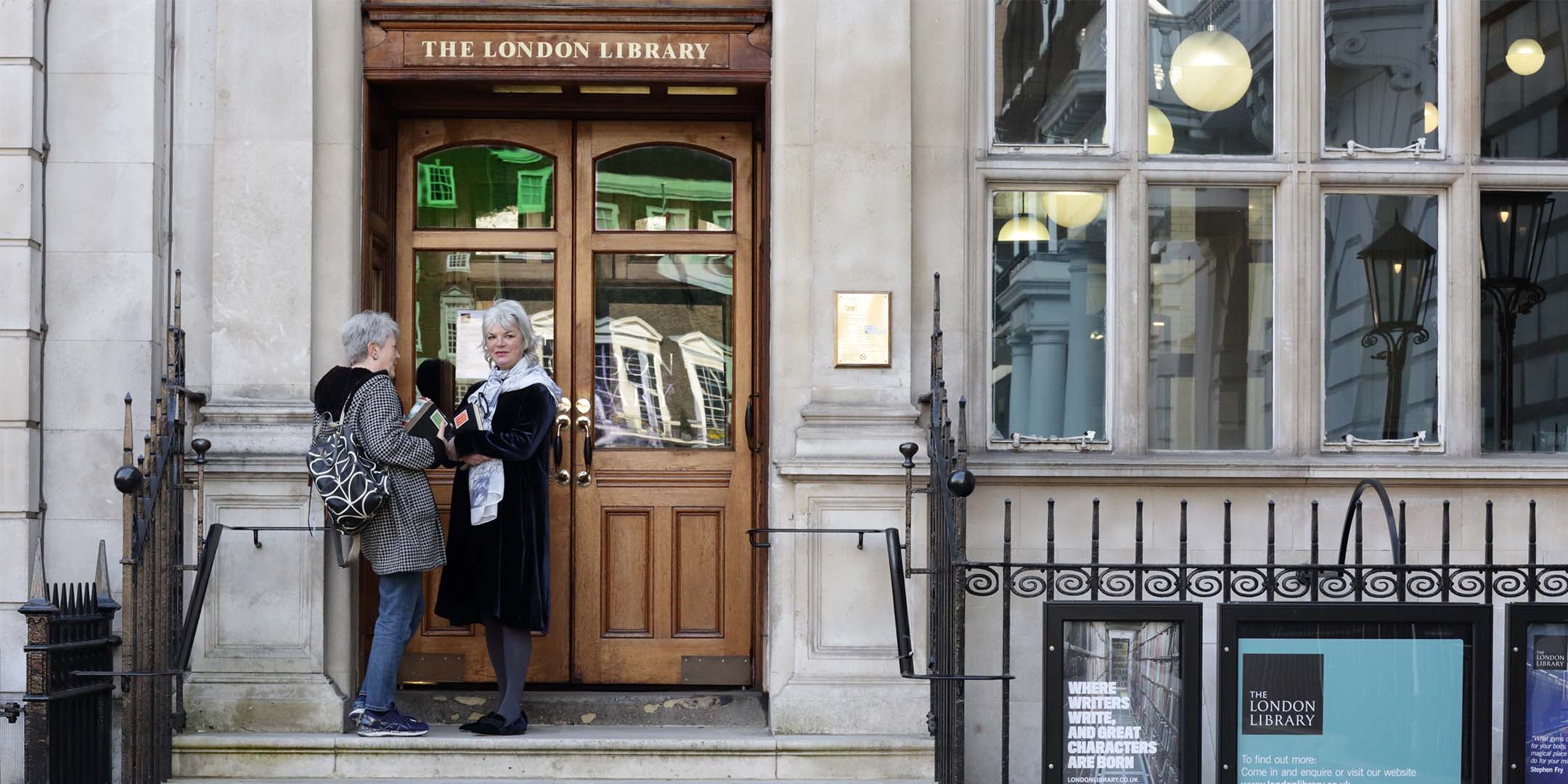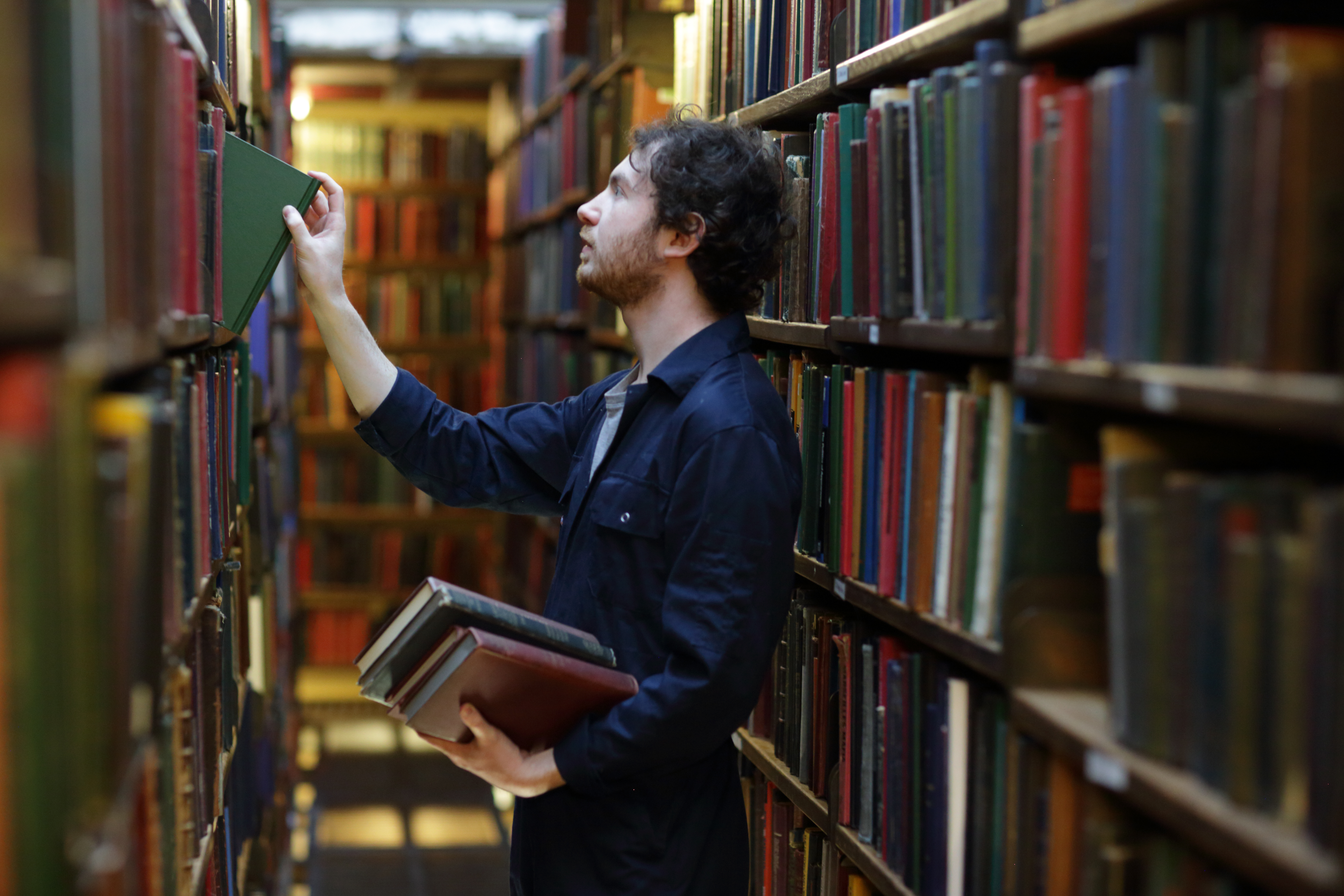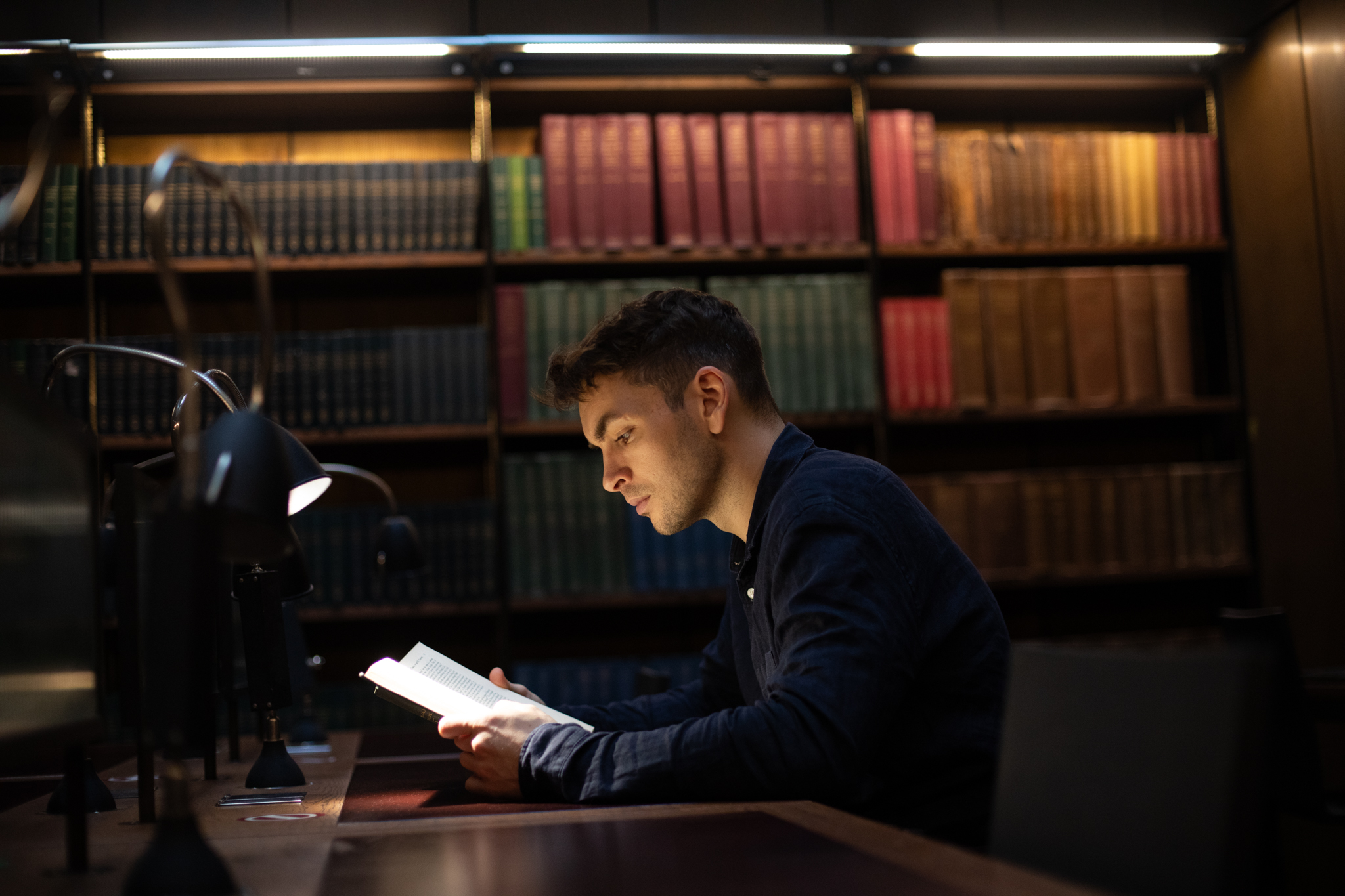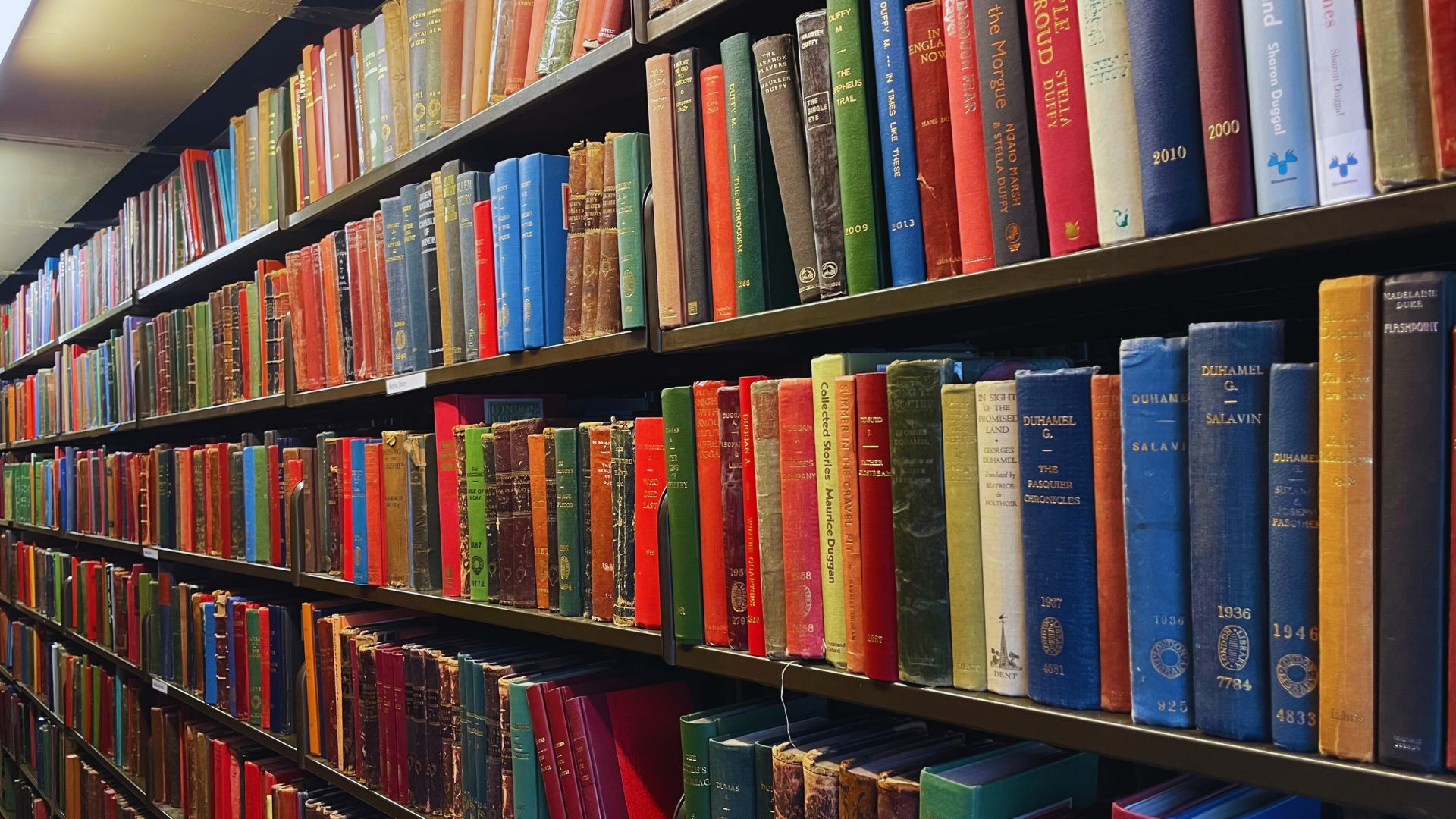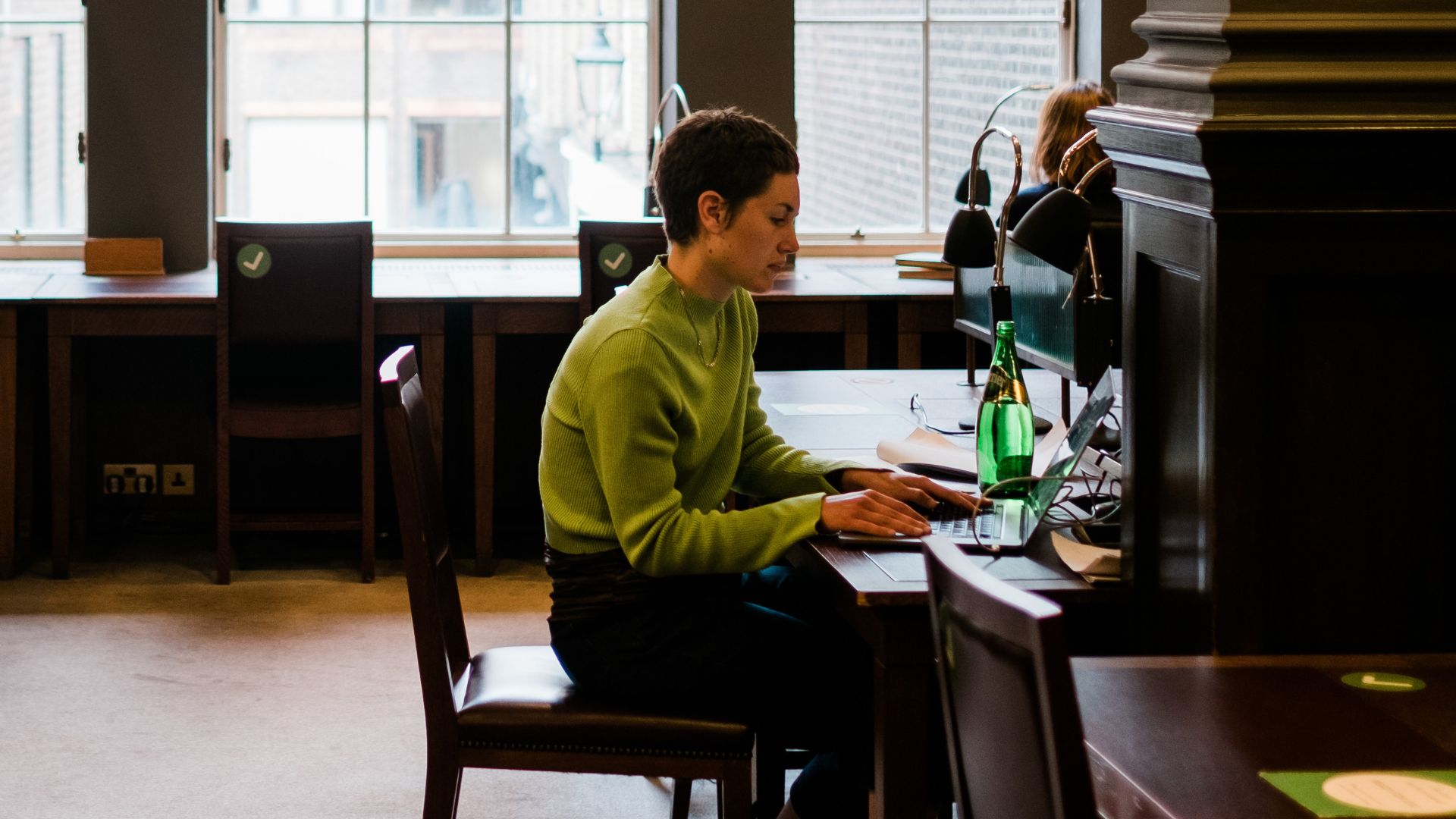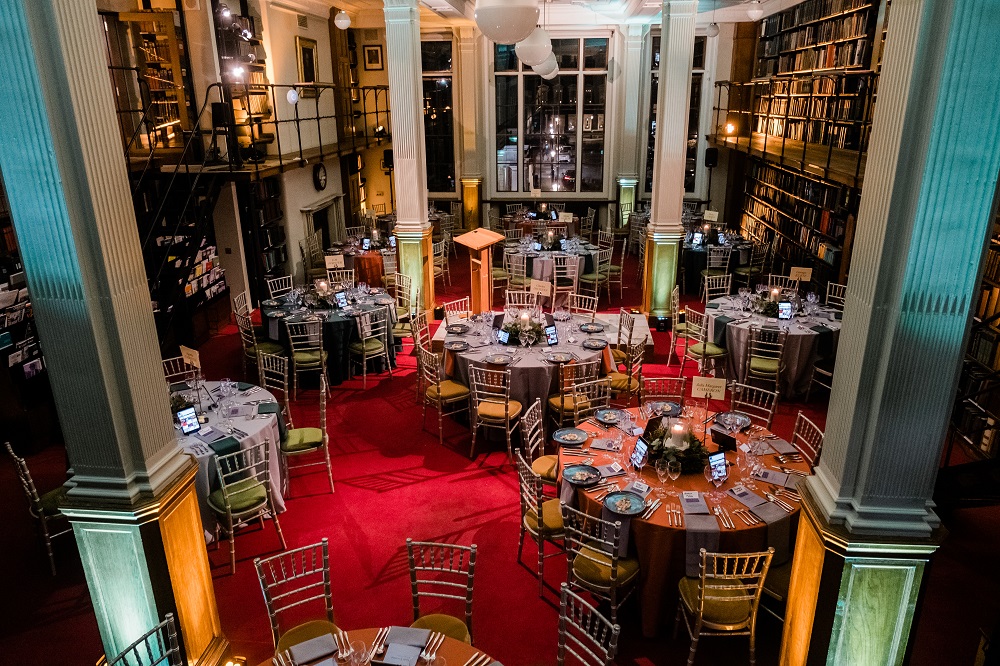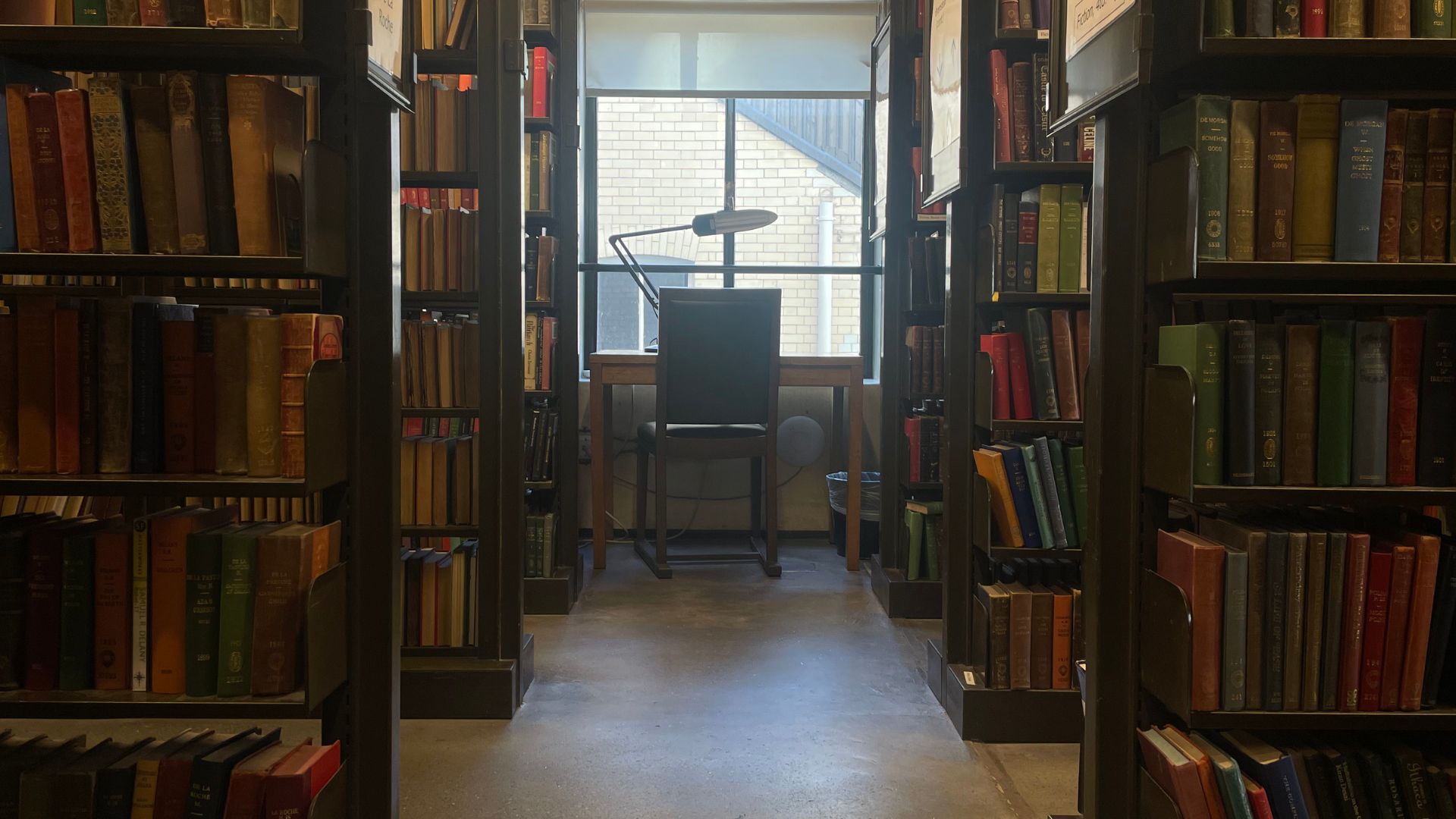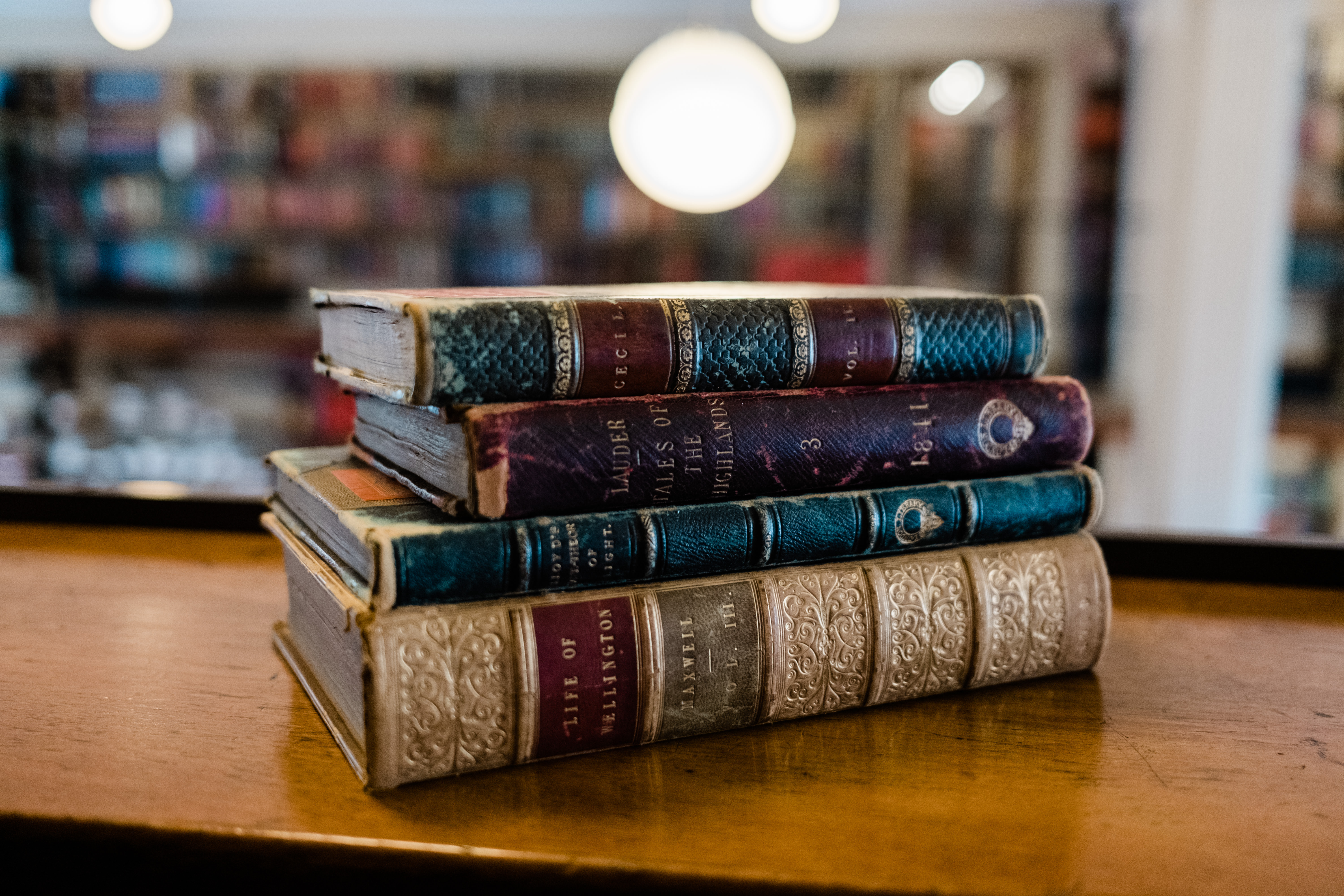2014 marks the 150th anniversary of that visit and the enthusiastic reception the Italian General received during his three-week stay in England. Having left Malta on board the PS Ripon, an English paddle-steamer, Garibaldi landed at Southampton on 3rd April. He visited Tennyson on the Isle of Wight, then in London, he was guest of the Duke of Sutherland at Stafford House in St. James’s (we know to-day as Lancaster House – this is in walking distance of The London Library). On his arrival, on 11th April, having travelled by a train draped with the Italian tricolore flag, Garibaldi was greeted and cheered by a crowd so large that he required six hours to complete the short route from Vauxhall to the Mall. During his London sojourn Garibaldi – the warrior of Caprera, the liberal hero who had opposed Napoleon III, defeated the French Army and fought against the temporal power of the Pontiff – was introduced to Gladstone, Palmerston and Lord Russell. He met Florence Nightingale, the Archbishop of Canterbury and called on the Provost of Eton. At a private dinner in Teddington – attended by various socialist and radical foreign refugees – he shared his table with former companion and Italian nationalist Giuseppe Mazzini (1805-1872). Socialist Henry Hyndam later observed: «a wave of Republicanism swept our country».
Mazzini had arrived in London in January 1837. To the Italian patriot, England offered an opportunity to leave behind a life spent in hiding, whilst still remaining actively involved in revolutionary activities. Although he died at Pisa in 1874, Mazzini, for most of his adult life, lived in London, moving from one cheap boarding house to another and secretly making plans for revolutionary attempts.
Mazzini’s association with Thomas Carlyle is well-documented. Only recently, however, have the Library’s Archives revealed that the Genoese was a member of the Library, which he joined through the Scottish historian’s good offices. The two men had been introduced in 1837 and, between 1839 and 1841, Mazzini became a frequent caller at 24 Cheyne Row in Chelsea, where the Carlyles lived, growing particularly closer to Jane. Mazzini most likely provided Carlyle with a list of books on Italian art, history and literature to be acquired by the newly established London Library. In a letter to the British diplomat William Dougal Christie, dated 5 February 1841, Carlyle wrote: «[h]ere is a kind of Italian list furnished by a very gifted native of that country, not entirely unacquainted with ours. It will require great sifting». The books selected came to represent the Library’s core holdings in the Italian language.
The depth of the Italian history collection and more explicitly its section on the Italian Risorgimento received praise indeed in a letter by the historian G.M. Trevelyan now preserved in the Library’s Archives. Among the holdings is a rare copy of Ricordi dei fratelli Bandiera e dei loro compagni di martirio in Cosenza, il 25 luglio 1844 [Memoires of the Bandiera Brothers and their companions of martyrdom in Cosenza, 25th July 1844] printed in Paris in 1844 and edited by Mazzini which includes the memoirs and correspondence of the two Bandiera Brothers, Attilio and Emilio, both officers in the Austrian Navy. The Bandiera Brothers were the key figures and leaders of an ill-fated expedition aimed at stirring up a revolt in Southern Italy. Pasted in the book is an autograph letter written by Mazzini and addressed to Carlyle – Mazzini’s minute handwriting is clearly recognisable. Poignantly, the Italian patriot dedicated the work to Jacopo Ruffini (1805-1833) one of his most valued companions. In 1833, Ruffini had taken his own life in prison – in the Palazzo Ducale at Genoa – to avoid betraying his fellow conspirators. The tragic death of Ruffini literally haunted Mazzini for the remainder of his life.
In London the failure of the Bandiera Brothers expedition had serious repercussions too. The British Government was accused of spying upon Mazzini and of having intercepted and opened his private correspondence. It followed a great scandal – the so-called Post Office letter opening scandal – which abated only when the Home Secretary, Sir James Graham, offered a public apology to the Genoese exile. An indignant Carlyle wrote a robust letter of complaint to The Times in support of Mazzini. The British public was roused too. Ordinary people – for want of a better word – started posting letters with writing across the front: NOT TO BE GRAHAMED – in clear reference to the Home Secretary’s action – or sketching small padlocks and chains at the front of the envelopes.
Once more it was in London that Mazzini was responsible for an ambitious editorial project: the printing of a Divine Comedy with commentary by another celebrated exile who had preceded him: Ugo Foscolo (1778-1827). To Mazzini’s eyes Dante and Foscolo represented the two pre-eminent Italian poets, both political exiles and both precursors of the Italian nationhood idea. The edition was published with the financial support of Pietro Rolandi, owner of an Italian bookshop in Berners Street, London Soho. The preface had been carefully signed using only the rather discreet and unassuming nom de plume «An Italian». A copy of the second tome of this two volume work is available within the strong section in Italian literature dedicated to theSommo Poeta. Additionally, other books and printed materials in Italian were obtained through the Rolandi Libraria Italiana – which had become a circulating library, a gabinetto di lettura (inspired by the Gabinetto Vieusseux of Florence) and a rendez-vous point for Italian political émigrés – as it can be inferred from the Rolandi Foreign Bookseller trademark still visible in a few occurrences, usually to the verso of a book’s front cover. In his private correspondence, Carlyle refers to Rolandi several times and it is evident that he relied on the Italian bookseller to procure works hard to obtain elsewhere, even by the British Museum.
In his study of the 1849 Roman Republic G.M. Trevelyan wrote: «That there should ever have been a time when Mazzini ruled Rome and Garibaldi defended her walls, sound like a poet’s dream». The two Italian patriots met again in England in 1864 but despite keeping up a display of unity in public they were divided by deep disagreements, clinging on almost irreconcilable positions. For reasons which remain unclear, Garibaldi’s visit was cut short. Poor health – the general was still suffering from a wound received in the Aspromonte Mountains – and fatigue were blamed. If truth be told, Garibaldi’s presence in England had became a political embarrassment. Mazzini uncomplimentary compared him to Rossini’s Don Basilio, the character in the Barber of Seville, whom, at great efforts, is persuaded to be too unwell to remain on the scene.
An exhibition to mark the anniversary of Garibaldi’s visit to London was recently held at the Library and Museum of Freemasonry. On display were several books on loan from The London Library’s Italian Collections and a digital facsimile of Mazzini’s record taken from the Library’s Victorian membership ledger.
A forthcoming piece will explore and describe the riches of The London Library’s Nozze Collection. A Collection comprising over 2,500 pamphlets and ephemera printed on the occasion of weddings, a custom almost exclusively Italian.

